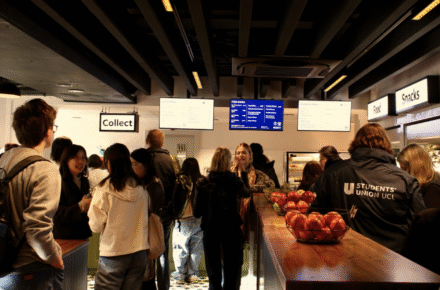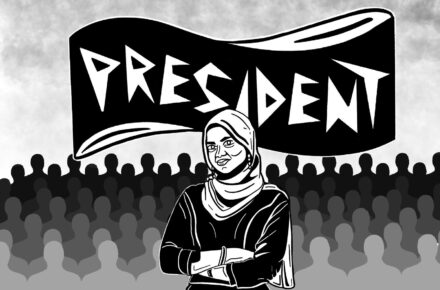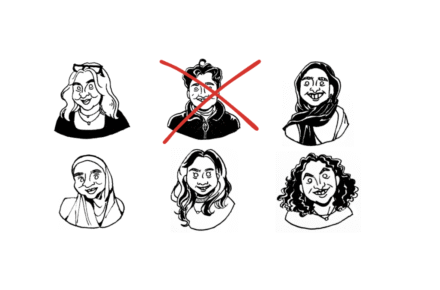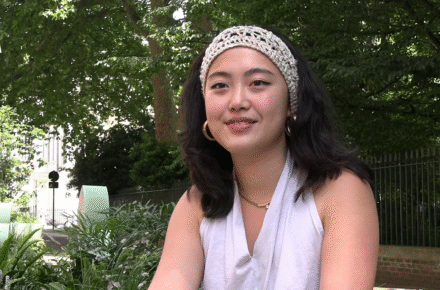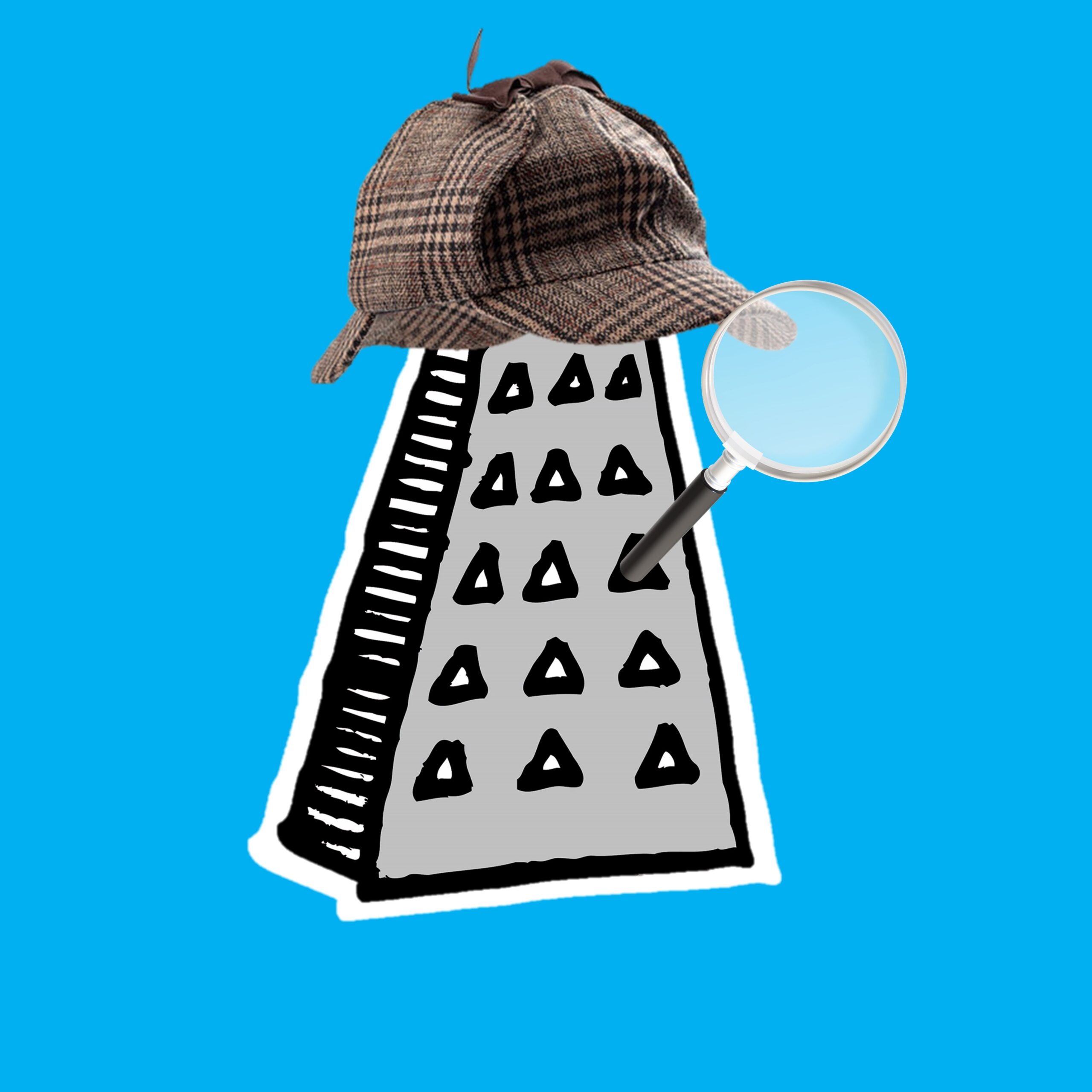

This week, the largest exercise of student democracy in the UK will take place right here at UCL as almost 50,000 eligible voters decide the next leaders of the Students’ Union.
All current UCL students are eligible to vote in these elections, which are open now until midday this Friday, 21 March. Students will be asked to choose 15 student officers, six sabbatical officers, and two charity trustees. In addition, members of clubs and societies will also be electing their new committee for the next academic year.
Some 4,000 candidates have put themselves forward, with almost 50 competing for the full-time sabbatical positions. One Union staffer said they had never seen so many candidates in some of these races, with 13 hopefuls gunning for Education Officer – the most competitive of all.
As full-time officers, sabbs receive an annual salary of £33,000 plus holiday and company benefits. In theory, they are elected to public office to improve student life at UCL and collectively represent the political leadership of the Union – find out who’s standing for what in our election special issue.
Voters are also asked to choose 15 unpaid student officers: some represent you on issues, others represent you on identity. Again, in theory, they work with the sabbatical officer in charge of their briefs to deliver change in their respective communities.
Both the sabbs and student officers are expected to attend and vote on the Union’s democratic decision-making bodies, which meet just five times a year to determine Union policy—our correspondent James Balloqui explains how the Union works in further detail.
Finally, two students will be elected to the Union’s trustee board, tasked with keeping the Union out of legal and financial trouble and making sure it is meeting its charitable objectives under the Education Act 1994.
These elections are what the Union calls “cross-campus elections”, meaning any student is eligible to vote in them, apart from a handful that requires self-identification. It differs from club and society elections, where students must have been a member for over 28 days to vote.
Each of the Union’s over 400 clubs and societies will be electing its new committees for next year, which must include a president, a treasurer, and a welfare officer as a minimum requirement to remain affiliated, although many choose to have more committee positions. The growth of the number of affiliated clubs no doubt helped the Union achieve a record 3,814 candidates standing in this year’s Leadership Race.
However, opinion polling by The Cheese Grater reveals almost 70% of UCL students say they are ill-informed about what the sabbatical officers are up to; this rises to almost 90% for student officers. Less than half of respondents had an opinion about the sabbatical leadership at all—our correspondent Go Kitajima explains further.
Our polling suggests the Union still struggles to communicate the value of its work to the people it represents, raising serious questions about its approach to student engagement.
Our leader article in this special issue argues that the scale of the challenges facing the Union can only be addressed by real student leaders with a clear vision for change. We tell readers not to settle for another LinkedIn warrior and that they should vote for re-open nominations if they must.
Readers should click here to vote in the 2025 Leadership Race before polls close this Friday.

